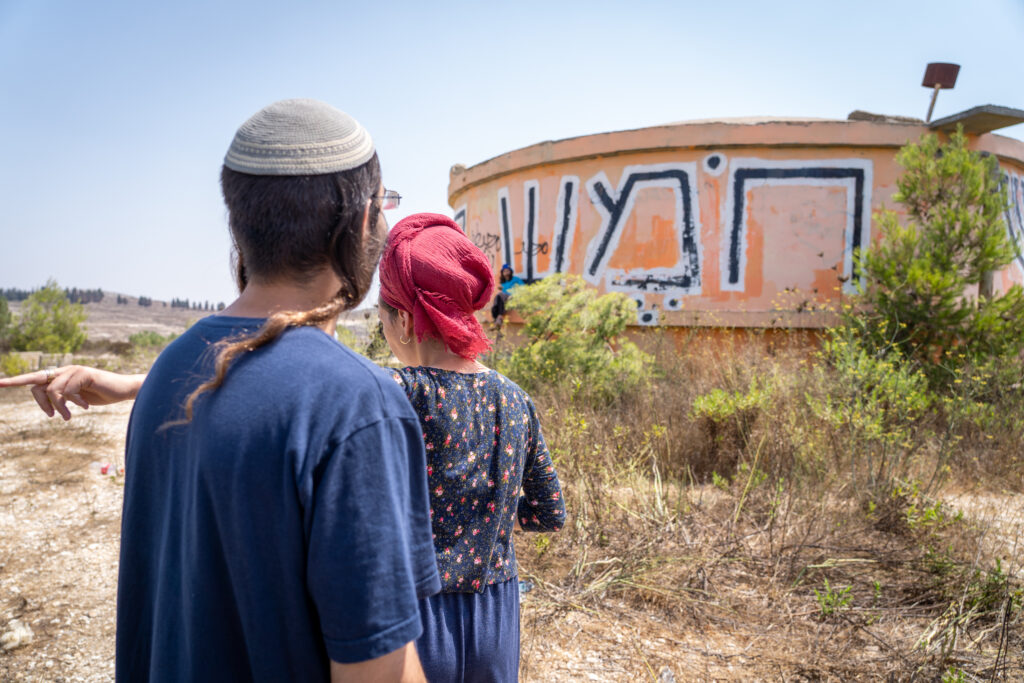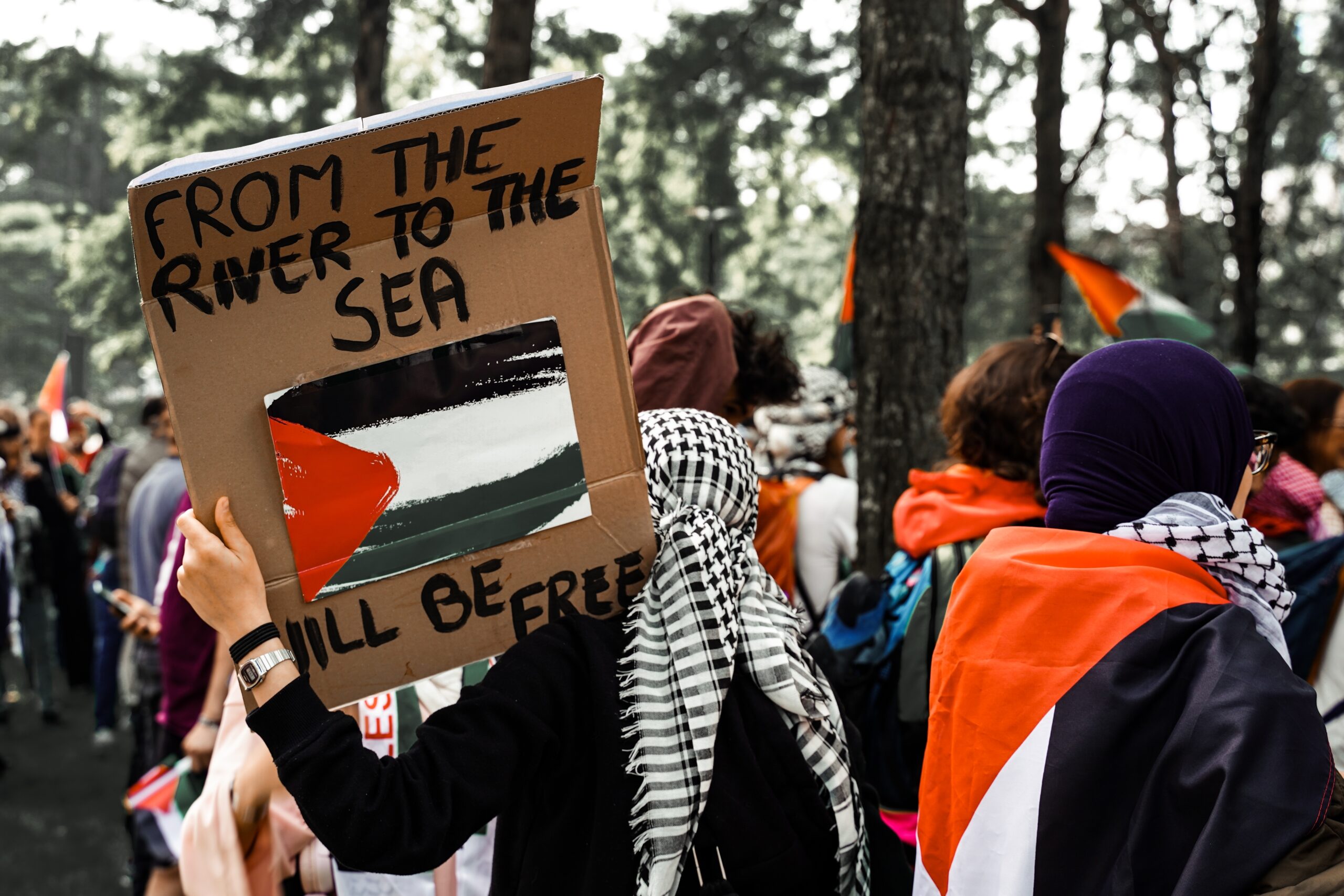Smotrich presents plan to vanquish Hamas
Israeli Finance Minister Bezalel Smotrich unveiled a strategy on Thursday that he said could bring about Hamas’s defeat by the end of 2025.
“The State of Israel cannot afford to end the Gaza campaign without victory. The only choice is decisive victory,” declared Smotrich, who also leads the Religious Zionism Party. Speaking at a press conference, he insisted, “It is possible to win, and it can be done quickly.”
His proposal includes an ultimatum demanding Hamas surrender in full: release all hostages at once, disarm, dismantle its military networks, expel leaders and operatives from Gaza, and allow civilians to leave freely.
If Hamas refuses, Smotrich said the Israel Defense Forces would launch a major ground campaign, enforce a siege around Gaza City and central camps, cut the group off from civilians, and manage humanitarian aid directly. Civilians would be relocated from active combat zones, while Israel would gradually extend sovereignty in Gaza, partly in line with former U.S. President Donald Trump’s relocation initiative.

The finance minister added that Israel has a moral duty to secure victory — for the hostages and their families, IDF reservists, residents of the south, and Jews worldwide.
Smotrich’s plan comes amid friction inside the coalition. Earlier in August, his party criticized Prime Minister Benjamin Netanyahu for approving what it viewed as a scaled-down plan in Gaza, aimed primarily at pressuring Hamas to negotiate over the release of about 50 remaining hostages, rather than completing the conquest of the Strip. Smotrich has accused Netanyahu of backing away from the government’s original determination to achieve full victory.
Belgium ties recognition of ‘Palestine’ to Hamas ouster, hostage release
Belgium announced on Tuesday that it intends to recognize a Palestinian state during the upcoming U.N. General Assembly session. However, the move will only take effect once Hamas is removed from power in Gaza and the remaining hostages are freed.
Foreign Minister Maxime Prévot called the planned recognition, part of a joint initiative with France and Saudi Arabia, a “powerful political and diplomatic signal.” At the same time, he unveiled 12 sanctions directed at Israel, including banning imports from Jewish communities in Judea and Samaria, restricting consular services to Belgians living in those areas, and limiting government contracts with Israeli firms. Brussels also imposed entry bans on several Israeli officials, violent settlers, and Hamas leaders.
Prévot emphasized that Belgium’s goal is to preserve the two-state framework and respond to what he described as Israel’s settlement expansion and military occupation. He stressed that recognition of “Palestine” would not be finalized until Hamas is ousted and all hostages released, noting Israel’s suffering from the Oct. 7, 2023 Hamas attack.
🇧🇪🇵🇸 Palestine will be recognised by Belgium at #UNGA.
— 🇧🇪 Belgium MFA (@BelgiumMFA) September 2, 2025
Firm sanctions are being taken against the Israeli government. Any antisemitism or glorification of terrorism by Hamas supporters will also be more strongly condemned.
Statement by the Minister of Foreign Affairs ⬇️ https://t.co/U3oJOpVIfi
Prime Minister Bart De Wever underscored that recognition would only follow once Hamas is eliminated, a viable Palestinian Authority is in place, borders are agreed, and Israel’s security is guaranteed. Without those conditions, he said, the step would be “pointless and counterproductive.”
Several other Western countries — including France, Spain, the U.K., Australia, and Canada — have backed similar recognition moves. Israel, meanwhile, has warned that unilateral recognition rewards terror. Prime Minister Benjamin Netanyahu argued it would create another “Iranian proxy” like Gaza rather than a peaceful neighbor.
Israeli officials told CNN that in response to such steps, Jerusalem may consider extending sovereignty over parts of Judea and Samaria. Foreign Minister Gideon Sa’ar and Strategic Affairs Minister Ron Dermer have reportedly informed counterparts in Europe that unilateral actions against Israel would be met with unilateral Israeli measures, including possible annexation.
20 years after disengagement, Israel inaugurates first kindergarten in evacuated Samaria community
Two decades after the 2005 disengagement forced residents out of Homesh, a northern Samaria community, Israel on Monday celebrated the opening of its first kindergarten there.
The ceremony, marking both the start of the school year and the town’s revival, was attended by Samaria Regional Council head Yossi Dagan, deputy Davidi Ben Zion, Rabbi Elishama Cohen of the Homesh Yeshiva, Education Ministry officials, parents, and teachers past and present.
Dagan recited the traditional “Shehecheyanu” blessing, declaring, “The disengagement is dead. The people of Israel live.” He described the event as “a sweet victory for the Jewish people and Zionism,” promising more kindergartens in Homesh and other evacuated communities.
Education Minister Yoav Kisch said the kindergarten represents “new roots of education and future” and described it as both an educational and Zionist achievement.

Former kindergarten teacher Ayala Levy, who worked in Homesh until 2005, said she never expected to return. “It’s very emotional. I began with five children and ended with 25 before the evacuation. I pray this will only be the beginning.”
The community’s new kindergarten director, Atara Rubin, added: “For years, we came here with children in tents, on holidays and Shabbat. To now open a kindergarten run by the Ministry of Education is a great privilege.”
The disengagement dismantled four northern Samaria communities — Homesh, Sa-Nur, Ganim, and Kadim — along with 21 in the Gaza Strip. In 2023, the Knesset repealed parts of the 2005 law banning Israelis from reentering Homesh and Sa-Nur, paving the way for their revival. Earlier this year, Israel’s Security Cabinet approved 22 new villages in Judea and Samaria, including the re-establishment of Homesh.
The Homesh kindergarten inauguration coincided with the first day of the national school year, when more than 2.5 million Israeli children returned to classrooms across the country.





